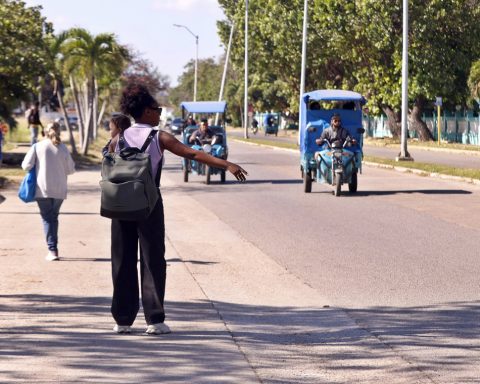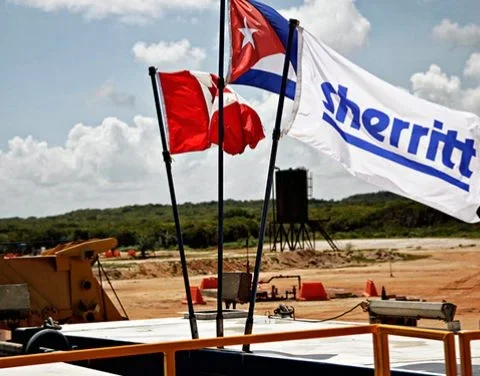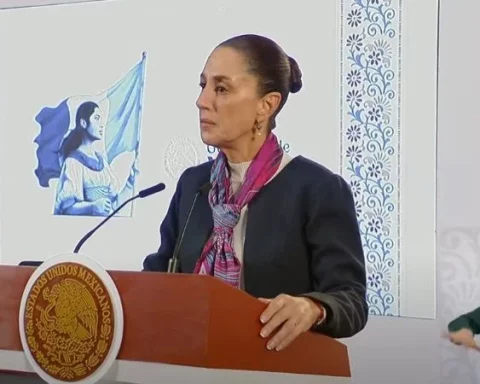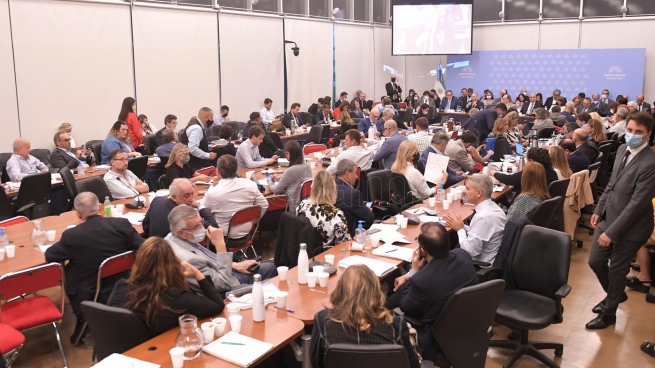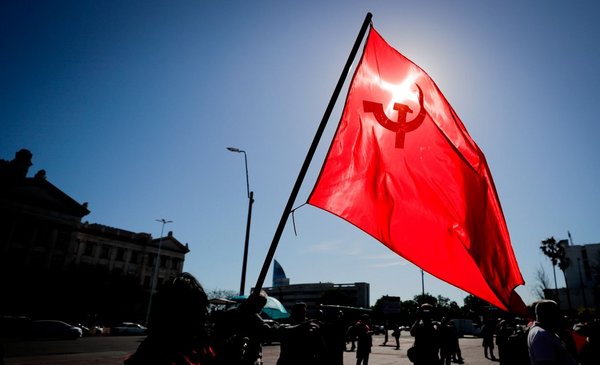The United Nations Organization (UN) recognized this Tuesday that women continue to be the most affected by the impact of climate change, this by constituting the sector with a situation of poverty in the world.
“It is increasingly evident that women are more vulnerable to the impact of climate change than men, since they constitute the majority of the world’s poor population and are more dependent on natural resources affected by this environmental threat,” the UN said. .
As women find themselves with less access to resources and decision-making positions in organizational and institutional instances, the UN stated that in order to achieve sustainable development and greater gender equality, it is essential to continue exploring the opportunities, as well as the limitations, to enable women and girls to have an equal voice and participate in decision-making related to climate change.
Similarly, the multilateral organization valued that without achieving gender equality in the present, the so-called sustainable and egalitarian future will continue to be out of our reach.
“At the same time, women and girls are effective and powerful leaders driving change for climate mitigation and adaptation. They engage in sustainable initiatives around the world and their participation and leadership lead to more effective climate action,” the agency said.
An example of women who promote climate justice but also the transformation of the capitalist system and the struggle for land is the Movement of Landless Workers in Brazil.
On the day of resistance for March 8, International Women’s Day, the organized Brazilian women of the MST issued a statement by mobilizing in their territories.
“The mobilizations take place in denunciation of the structural violence of the capitalist system that directly affects women, through the institution of patriarchy, machismo, racism and LGBTQI+phobia,” the statement said.
The movement also said that the demonstrations are against “other violations promoted by the current government” of Jair Bolsonaro that have intensified social inequalities, including hunger and poverty, based according to the MST on “the commodification of life, common goods and nature.


